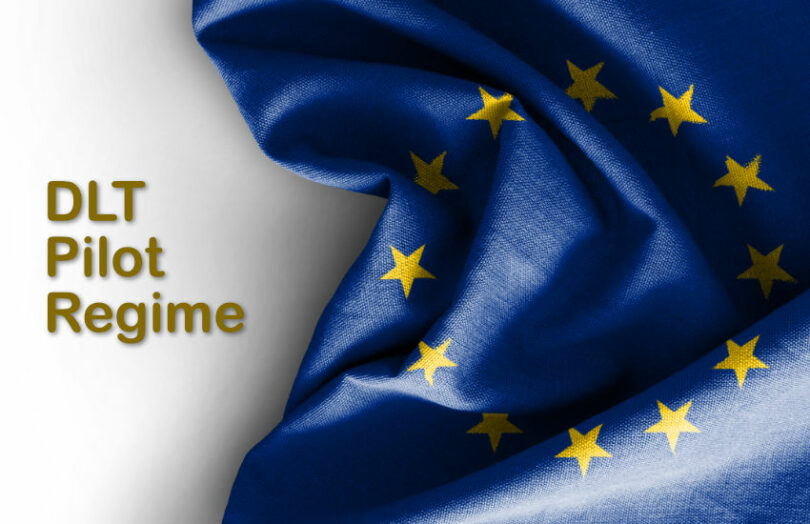The European Union’s DLT Pilot Regime came into force last March. However, a year later, no infrastructures were authorized to participate. The European Securities and Markets Authority (ESMA) was expected to provide a progress report, but given the lack of activity, it didn’t. Instead, it wrote a letter outlining the progress of applications and the challenges faced.
The DLT Pilot Regime aims to temporarily waive certain legal requirements relating to funds and securities. For example, it relaxes the requirement that retail investors must trade via a broker. It also waives the need to separate the trading and post-trade infrastructure.
Currently, there are four pending applications – two in Germany, one in the Czech Republic, and one in the Netherlands. In addition, there are eight other potential ones.
DLT Pilot Regime challenges
The letter highlights five challenges. Firstly, there is the issue of cash on chain. The DLT Pilot Regime allows settlement with tokenized deposits or MiCA e-money tokens. However, there’s a timing mismatch as MiCA authorization of e-money tokens only starts in June. The Pilot Regime requires that if DLT settlement system operators use e-money tokens, they must be issued by banks. ESMA requests clarification about whether this is necessary. While the ECB is separately commencing wholesale DLT settlement trials using central bank money, those are relatively short in duration.
Another challenge is whether the DLT Pilot regime is competitive with initiatives in other jurisdictions. It’s only a three-year program, and a year has already passed. So, ESMA requests a Commission statement that there’s a possibility it may be extended.
It also acknowledges that the volume limits, although appropriate for experiments, dissuade larger participants. Banks raised this point more than six months before the start of the DLT Pilot Regime.
“Further flexibility in this respect would likely attract more applicants,” the letter states. The UK had hinted that the limits for its experimental sandbox would be more generous. However, the UK announcement yesterday set market-wider limits rather than the EU ones set at the institutional level. As a result, if the UK Digital Securities Sandbox proves popular, then the limits won’t be generous.
Other issues covered by ESMA’s letter include self-hosted wallets, interoperability, and retail access.
Meanwhile, we recently reported on one of the potential applicants, the Dutch SME stock exchange NPEX.






